Cancer bioengineering
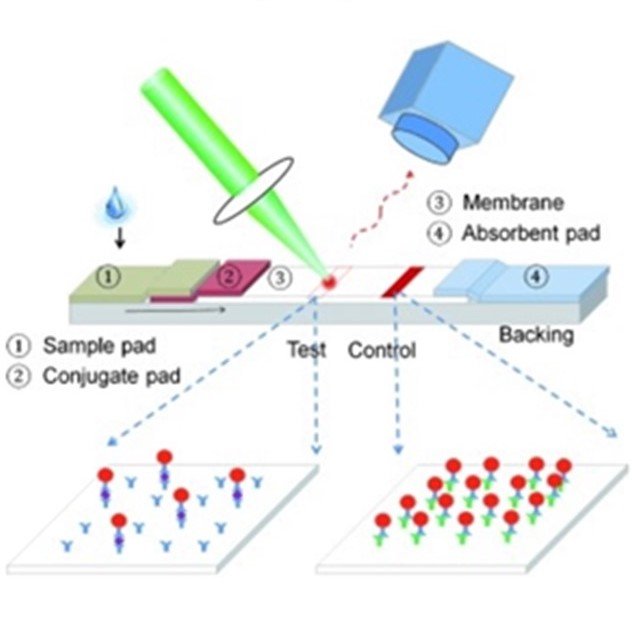
Thermally manipulating biomaterials
The Bischof group studies the thermophysical and biological changes within biomaterials after thermal manipulations. For example, they’re using nanoparticles to rewarm preserved tissues and organs and developing energy-based technologies to improve cancer immunotherapies.
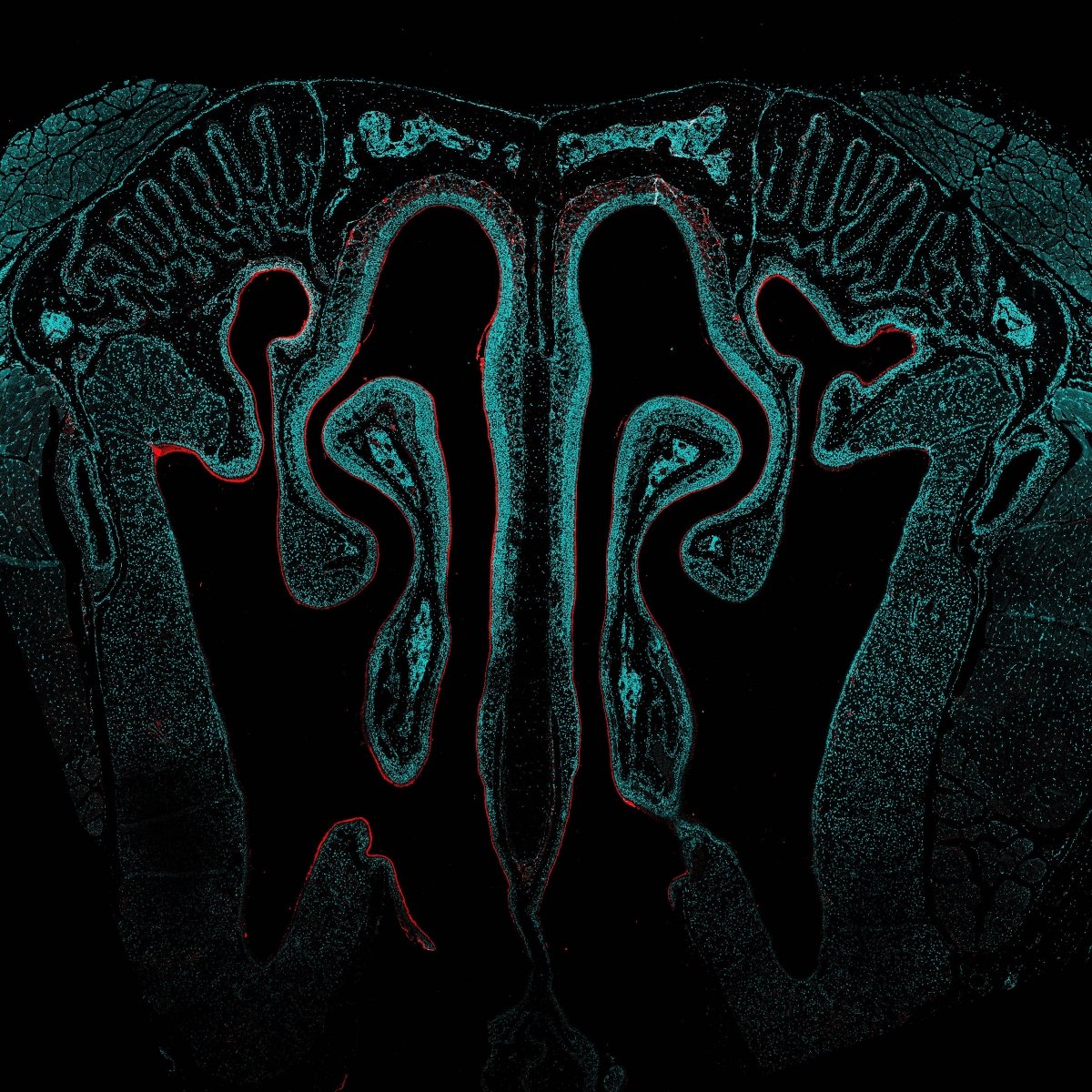
Engineering the immune response
The Hartwell Immunoengineering Lab uses biomolecular engineering, drug delivery, and immunology to develop molecular vaccines and immunotherapies that direct the immune response towards activation or tolerance by targeting specific cells and tissues, with a focus on the mucosal immune system.
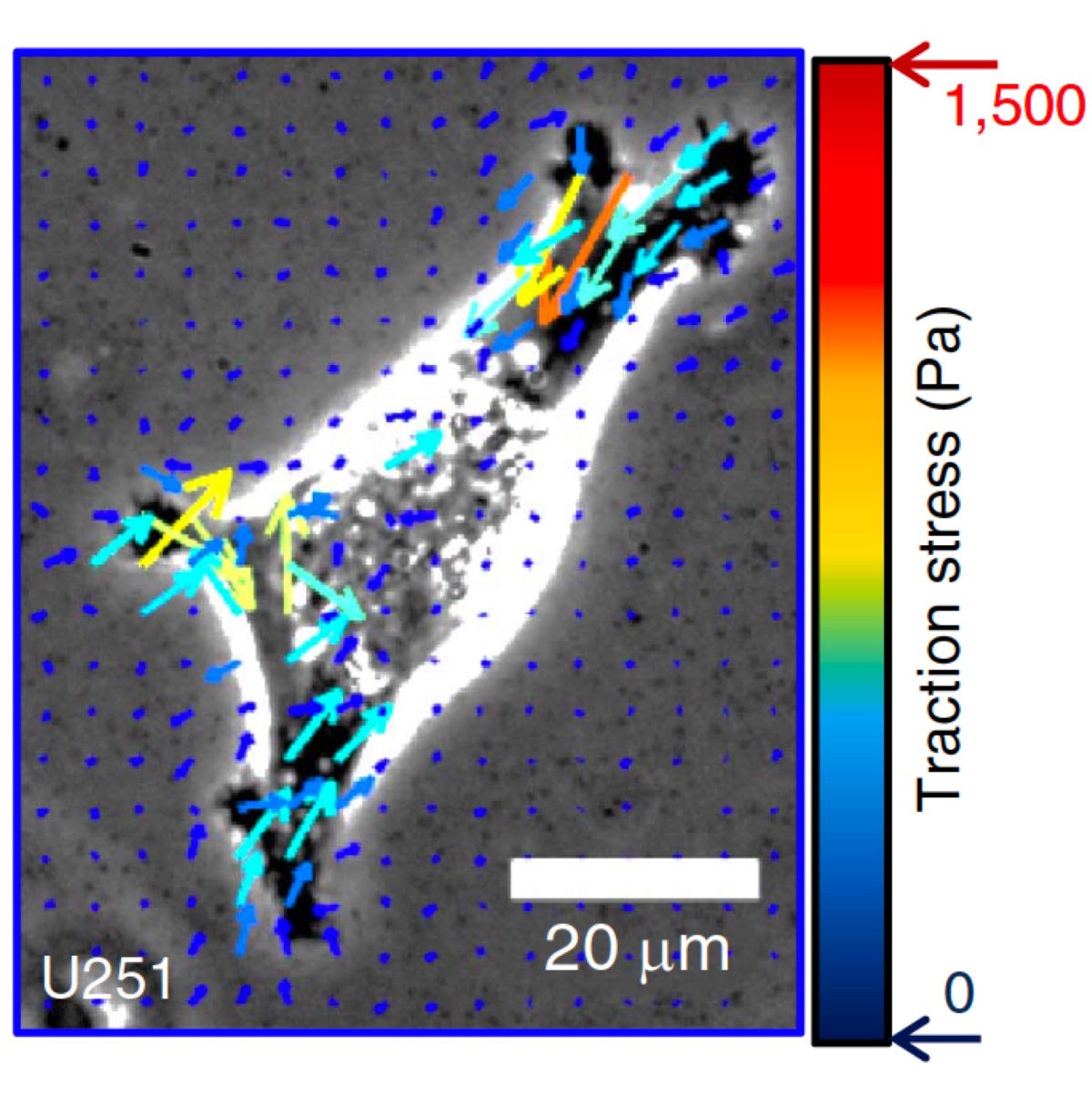
How cellular functions go awry
The Odde Lab aims to understand basic cellular functions in the context of diseases such as brain cancer and Alzheimer's. The team develops physics-based models that predict cell behavior, then use computer simulation and live cell imaging to identify potential therapeutic strategies.
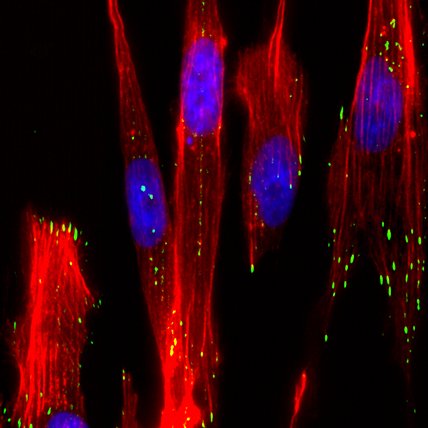
Bioengineering cancer therapies
Paolo Provenzano’s lab is developing new ways to combat cancer. Approaches include re-engineering tumor microenvironments to remove tumor-promoting cues, enhancing drug delivery, promoting anti-tumor immune responses, and developing next-generation cell-based therapies.
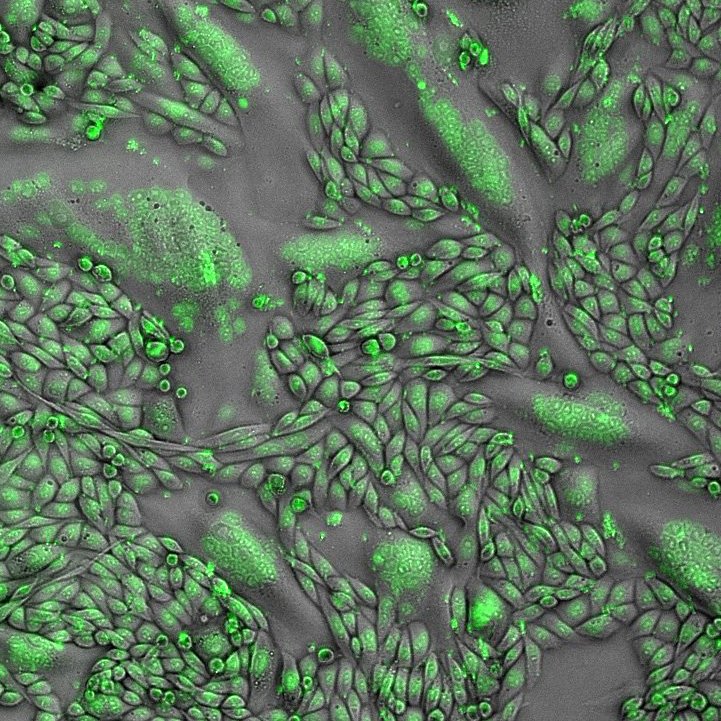
Understanding protein networks
The Sarkar laboratory uses biomolecular and cellular engineering approaches to elucidate how protein networks drive health-related processes at the cellular level. The group also uses such knowledge to intervene in dysregulated networks in disease and to create cellular therapeutics with new functionalities.
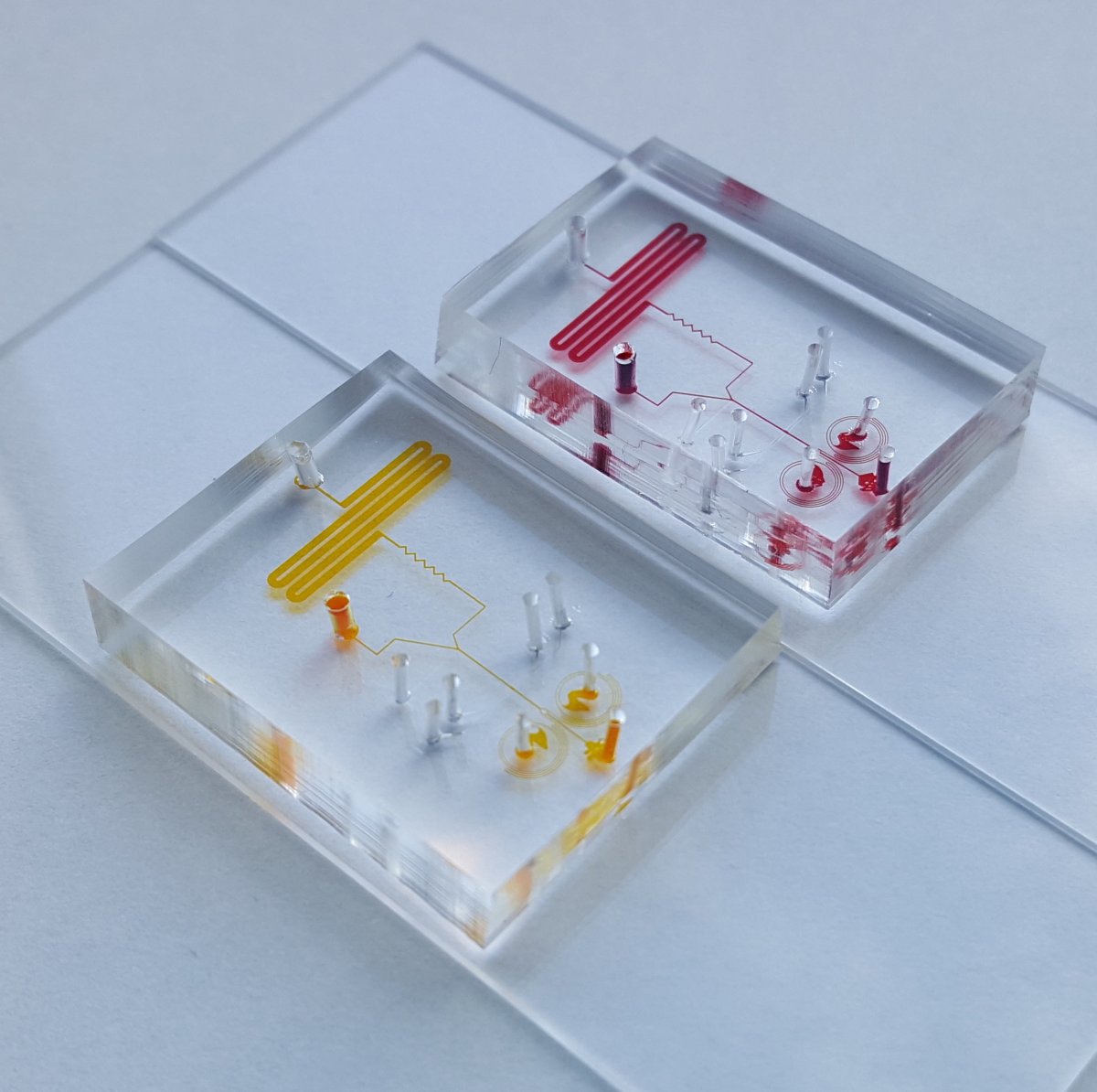
Microphysiologic systems to study disease
The Living Devices Lab is focused on building benchtop systems that mimic human disease outside the human body. We use microfluidics and microfabrication to create engineered tissues in which we control biological components and transport processes at the length scale that is relevant to physiology and pathology.
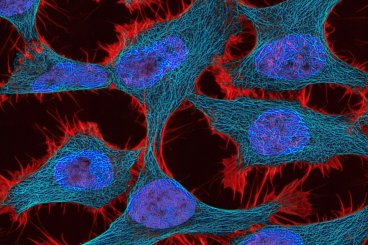
Cancer Bioengineering Initiative
The Cancer Bioengineering Initiative infuses engineering into cancer clinical trials so more trials lead to cancer treatments. Leaders include Biomedical Engineering faculty members David Odde, Paolo Provenzano, and David Wood.